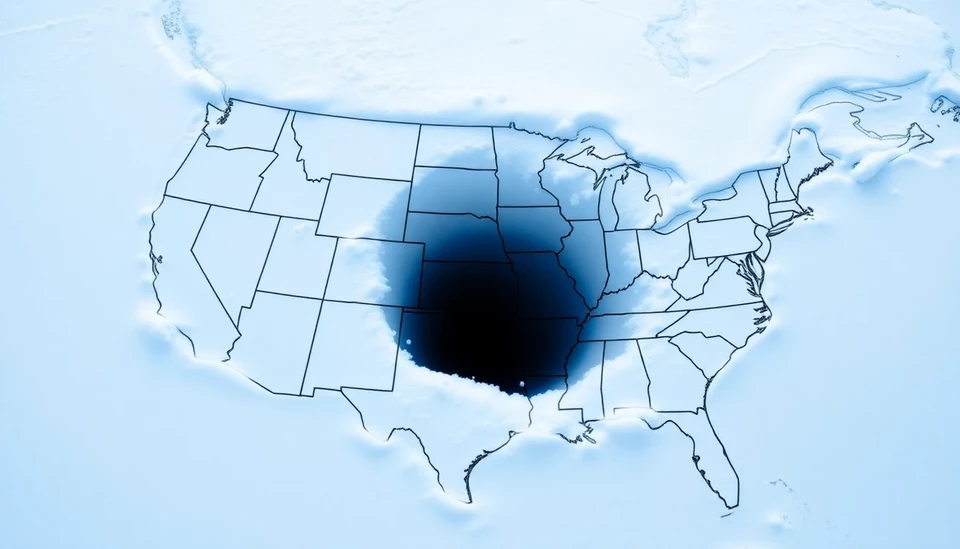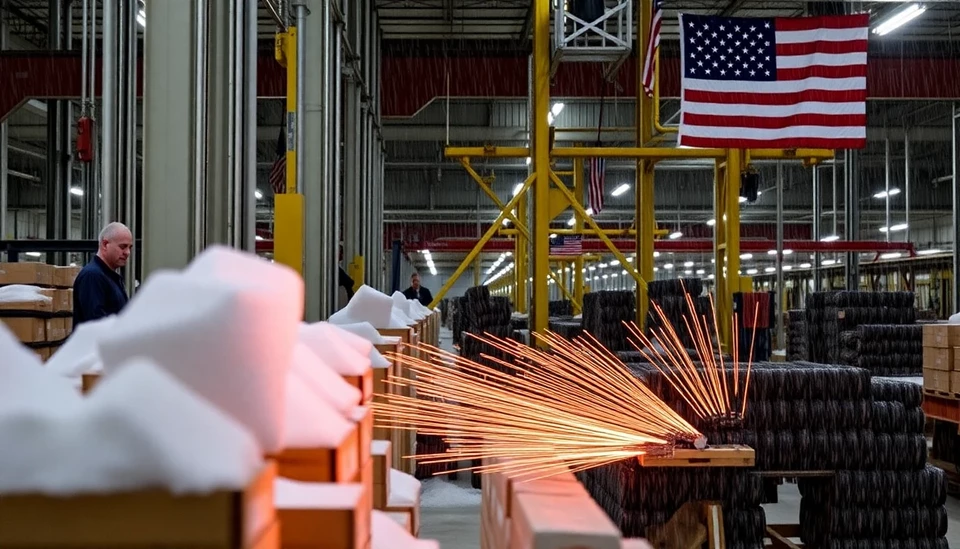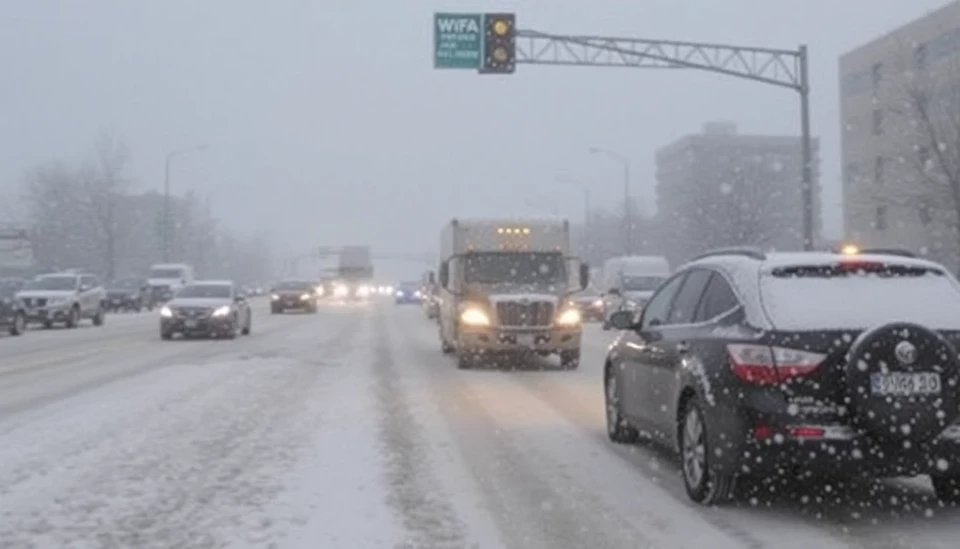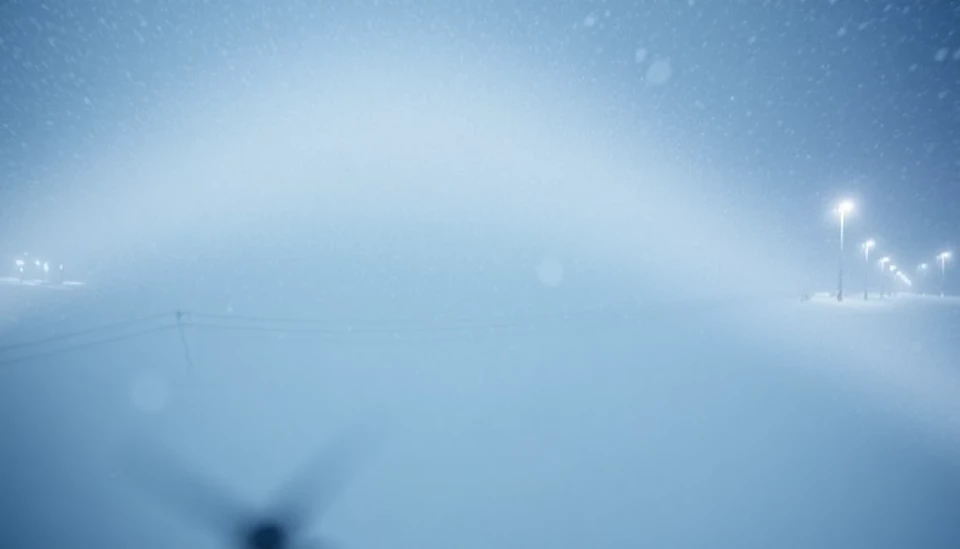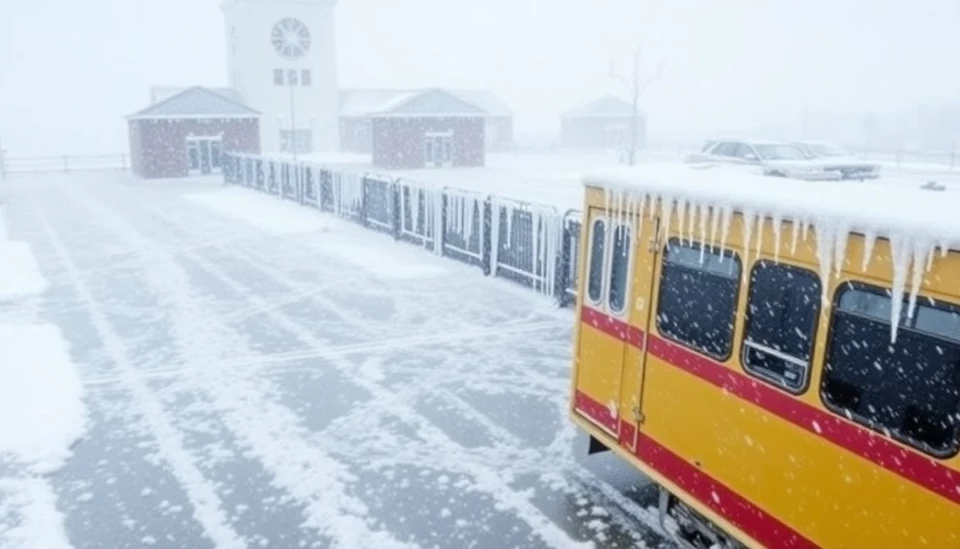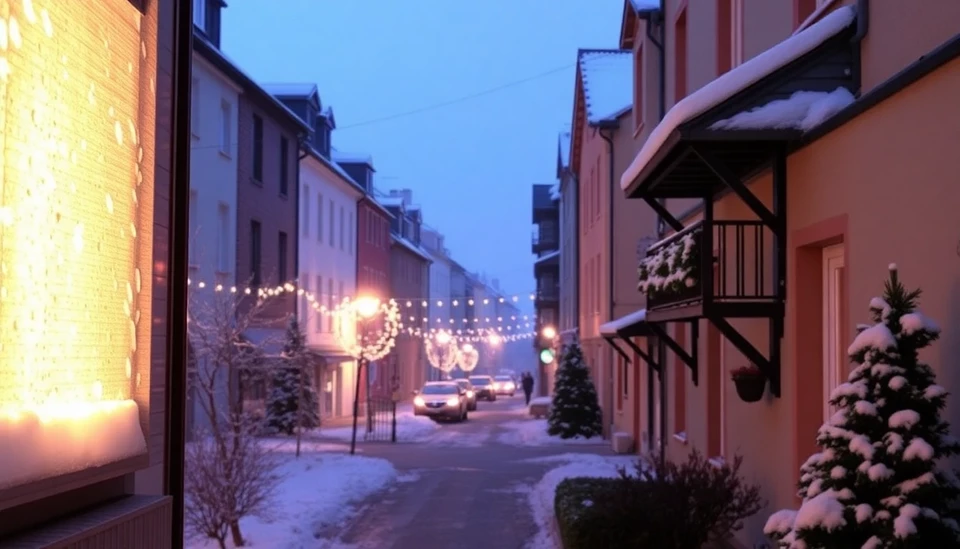
As a frigid wave sweeps across Western Europe, citizens are bracing for a significant increase in energy consumption as the need for heating intensifies. The sudden drop in temperatures has left many countries preparing for what is expected to be a prolonged period of cold weather, which could impact energy supplies and prices.
Weather forecasts predict that the mercury will plummet to its lowest levels in years, leading to concerns about the ability to maintain steady heating throughout homes and businesses. Countries including France, Germany, and the UK are experiencing this unexpected cold snap, with local authorities gearing up for a surge in energy demand.
Energy companies have already begun to report a rise in consumption, with gas and electricity use increasing as people turn up their heating systems. Analysts are warning that prolonged cold spells typically result in higher prices for energy, particularly for gas, which is a crucial source of heating during winter months. The European energy market, already strained due to fluctuating supplies and geopolitical tensions, could face additional pressure under the circumstances.
In response, utility providers are assuring customers that measures are in place to meet the increased demand, but they also caution that unexpected spikes could still lead to regional shortages. Governments across the continent are monitoring the situation and may need to implement strategies to manage supply effectively, especially if the cold conditions extend further into January.
Additionally, the phenomenon is raising awareness about energy usage, prompting discussions surrounding the need for more sustainable and resilient energy infrastructure. Many are advocating for a shift towards renewable energy sources to mitigate the impacts of extreme weather conditions that have become more frequent due to climate change.
In this challenging context, citizens are being advised to check their heating systems, ensure proper insulation in their homes, and be mindful of energy consumption to manage both their utility costs and environmental impact during this harsh winter spell.
As the weather continues to be a significant factor for the energy landscape in Europe, all eyes will be on whether the systems in place can withstand this bitter cold and what lessons can be learned for the future.
Stay tuned for more updates as the situation develops and we continue to monitor the cold weather’s effects on energy demand in Western Europe.
#WinterWeather #HeatingDemand #EnergyCrisis #EuropeColdSnap #SustainableEnergy #RenewableEnergy #EnergyInfrastructure
Author: Sophie Bennett
